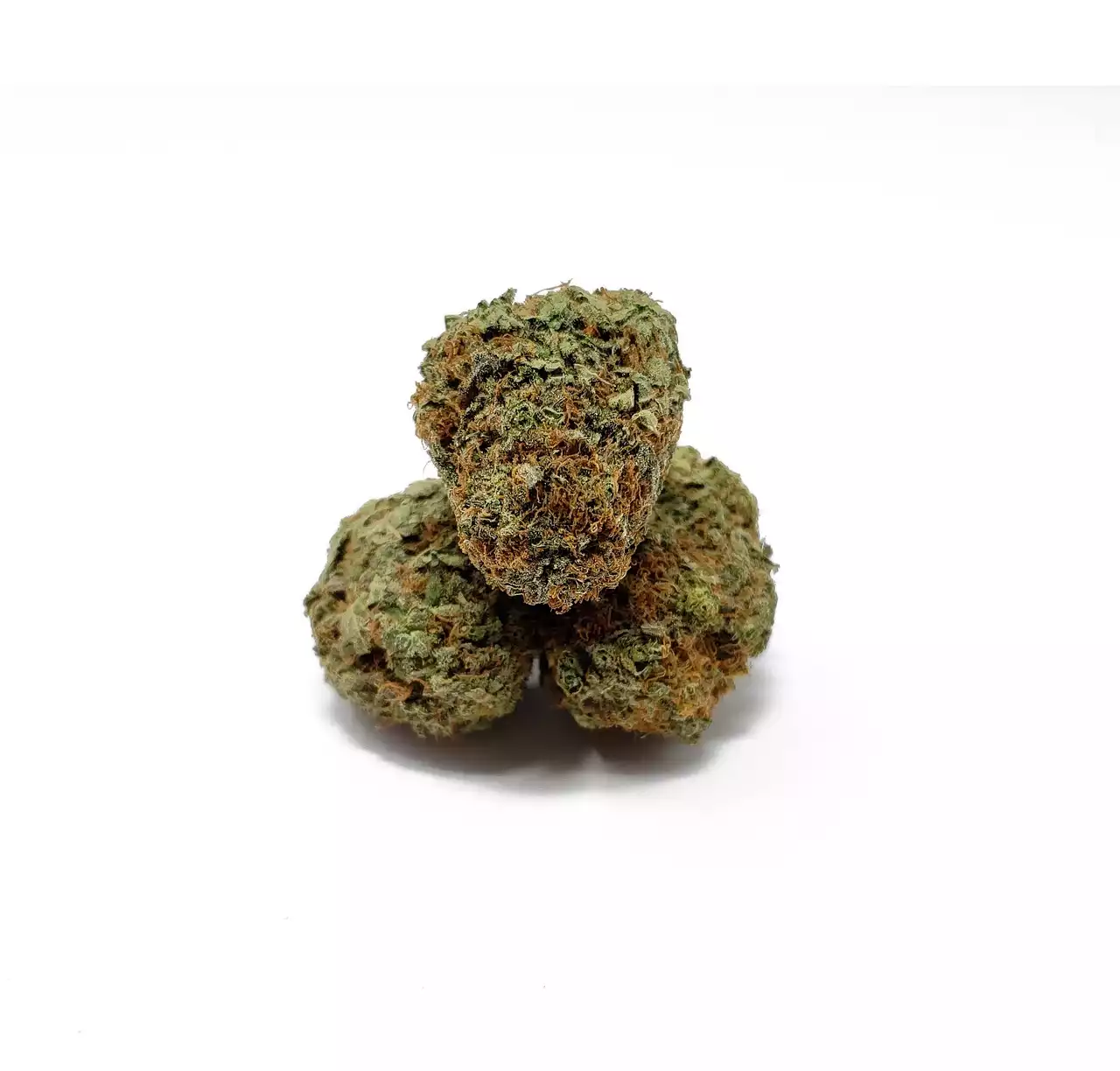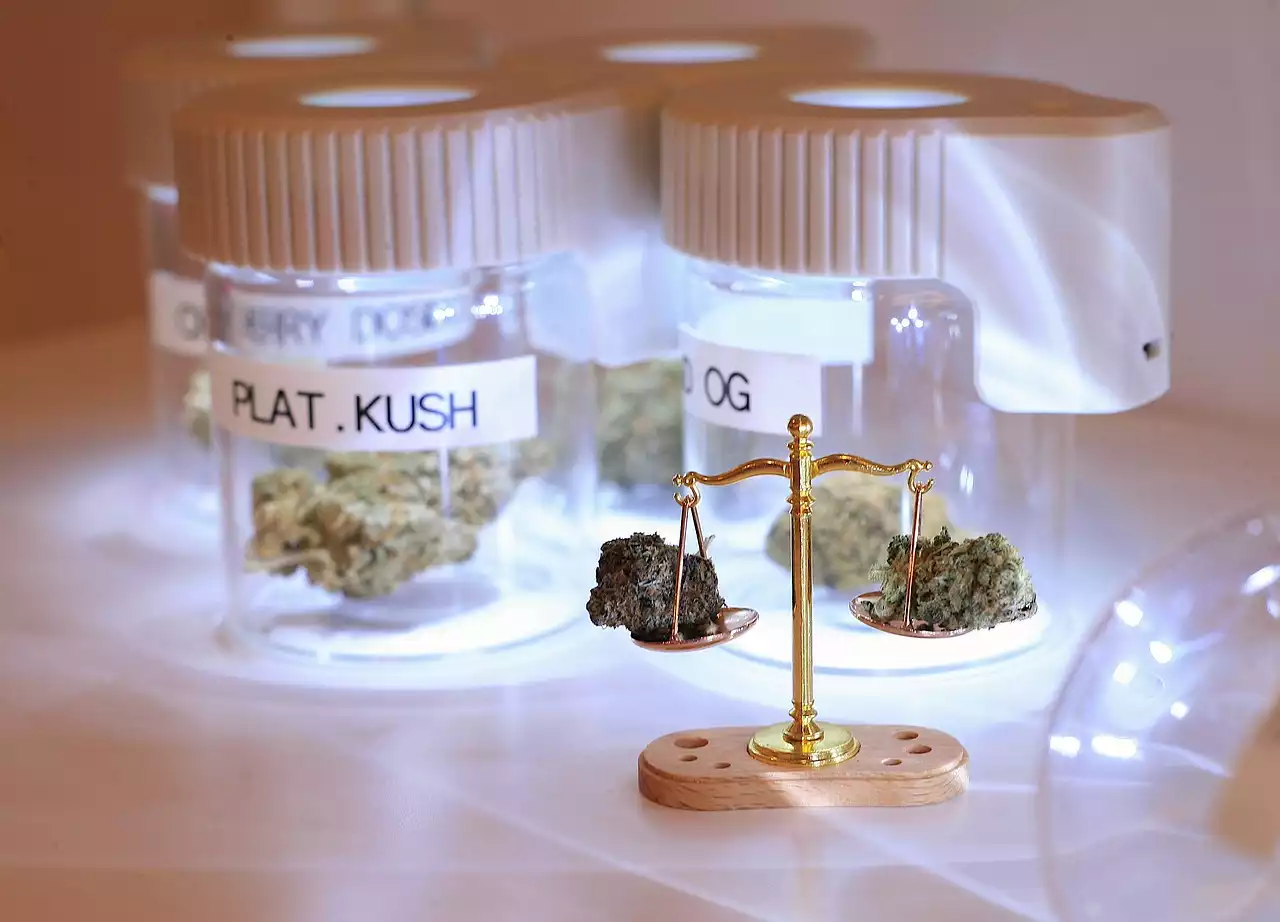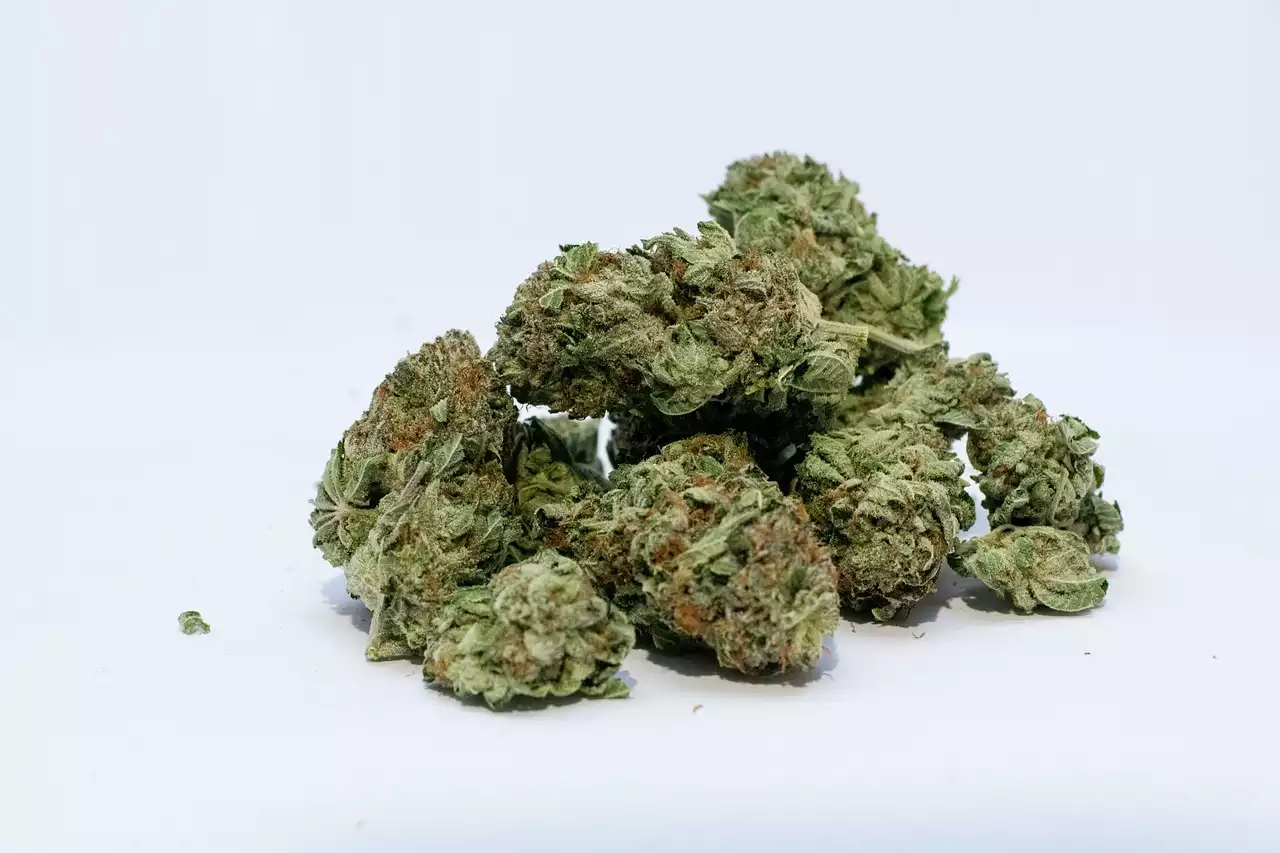Understanding the DEA's push for increased production
The DEA's push for increased production of THC, psilocybin, and DMT is driven by a desire to provide researchers and medical professionals with the resources needed to further explore their therapeutic potential. The current restrictions on these substances have limited the ability to conduct comprehensive research and clinical trials, hindering the progress in understanding their benefits and risks.
By increasing production, the DEA aims to remove some of the barriers that have prevented scientific investigation into the therapeutic properties of these substances. This will allow researchers to delve deeper into their mechanisms of action, efficacy, and potential applications in various medical conditions. The hope is that by expanding access to these substances, breakthroughs in treatment options can be achieved.
The current legal status of THC, Psilocybin, and DMT
Currently, the legal status of THC, psilocybin, and DMT varies across different jurisdictions. THC, as the psychoactive component of cannabis, is classified as a Schedule I controlled substance in the United States. This classification means that THC is considered to have a high potential for abuse and no accepted medical use.
Psilocybin, found in magic mushrooms, is also classified as a Schedule I controlled substance. Despite growing evidence of its therapeutic potential, psilocybin remains illegal in most countries, including the United States. However, there has been a recent wave of decriminalization and legalization efforts in certain states and countries, signaling a shift in public opinion and recognition of its medicinal value.
Legal mushroom dispensary opens in Florida
DMT, often referred to as the "spirit molecule," is a naturally occurring substance found in certain plants and is also produced synthetically. It is classified as a Schedule I controlled substance in the United States and is illegal in most countries. However, there is a growing body of research suggesting its potential therapeutic applications, particularly in the treatment of addiction and trauma.
The benefits of THC, Psilocybin, and DMT in therapeutic settings
THC, psilocybin, and DMT have shown promising benefits in therapeutic settings. THC is well-known for its pain-relieving and anti-inflammatory effects, making it a valuable tool in managing chronic pain conditions such as arthritis and multiple sclerosis. It can also help alleviate symptoms associated with chemotherapy, such as nausea and loss of appetite.
Psilocybin has gained attention for its potential in treating mental health disorders, particularly depression and anxiety. Clinical trials have shown promising results, with psilocybin-assisted therapy leading to significant improvements in treatment-resistant depression and reducing anxiety and existential distress in patients facing life-threatening illnesses.
Marijuana Health Benefits
DMT, although less extensively studied, has shown potential in facilitating profound spiritual experiences. Some research suggests that DMT may help individuals overcome addiction by providing a transformative experience that shifts their perspective and enhances their motivation for change. Additionally, DMT-assisted therapy has shown promise in addressing trauma-related conditions, such as post-traumatic stress disorder (PTSD).
Research and clinical trials supporting the use of THC, Psilocybin, and DMT
Despite the legal restrictions surrounding THC, psilocybin, and DMT, there is a growing body of research supporting their therapeutic use. Numerous studies have demonstrated the potential of THC in pain management and as an adjunct treatment for conditions such as multiple sclerosis and cancer-related symptoms.
In the case of psilocybin, clinical trials have shown promising results. One study conducted at Johns Hopkins University found that psilocybin-assisted therapy led to significant and sustained reductions in symptoms of depression and anxiety in cancer patients. Other trials have explored its potential in treating addiction, with promising results in addressing nicotine and alcohol dependence.
DMT research is still in its early stages, but a study published in the Journal of Psychopharmacology found that DMT-assisted therapy improved symptoms of depression and anxiety in individuals with treatment-resistant depression. Further research is needed to fully understand the therapeutic potential and mechanisms of action of DMT.
Potential risks and challenges in increasing production
While the push for increased production of THC, psilocybin, and DMT offers great promise, it also raises concerns about potential risks and challenges. The psychoactive nature of these substances means that careful consideration must be given to their administration and dosage to ensure safe and effective use.
There is also a need for comprehensive regulations and guidelines to govern the production, distribution, and administration of these substances. Proper oversight by regulatory agencies is crucial to prevent misuse and ensure that only qualified medical professionals have access to these substances for therapeutic purposes.
Furthermore, increasing production may lead to concerns about diversion and misuse in non-medical settings. It is essential to strike a balance between expanding access for therapeutic purposes and implementing measures to prevent misuse and abuse.
The role of regulatory agencies in overseeing production and distribution
Regulatory agencies play a vital role in overseeing the production and distribution of THC, psilocybin, and DMT. The DEA, in particular, is responsible for monitoring and regulating controlled substances in the United States. With the push for increased production, the DEA will need to adapt its regulations and guidelines to ensure safe and responsible use of these substances for therapeutic purposes.
Additionally, other regulatory bodies, such as the Food and Drug Administration (FDA), will play a crucial role in evaluating the safety and efficacy of these substances in specific medical conditions. The FDA's approval is necessary for these substances to be legally prescribed and used in medical settings.
Potential impact on the pharmaceutical industry
The increased production and acceptance of THC, psilocybin, and DMT for therapeutic use may have a significant impact on the pharmaceutical industry. These substances offer an alternative approach to traditional pharmaceuticals, which often come with a range of side effects and limitations.
The pharmaceutical industry will need to adapt to this changing landscape by exploring the development of new medications that incorporate these substances or by conducting research to identify novel therapeutic targets based on their mechanisms of action. This shift may also lead to collaborations between pharmaceutical companies and research institutions to explore the potential of these substances in combination with traditional pharmaceuticals.
The future of THC, Psilocybin, and DMT in therapeutic treatments
As the DEA pushes for increased production and research into THC, psilocybin, and DMT, the future of these substances in therapeutic treatments looks promising. Continued research and clinical trials will provide a clearer understanding of their potential applications and mechanisms of action.
The increased availability of these substances will enable medical professionals to explore alternative treatment options for various conditions, particularly those that have been resistant to conventional therapies. However, it is crucial to strike a balance between expanding access and ensuring responsible use to maximize the benefits while minimizing potential risks.
Conclusion and final thoughts on the DEA's push for increased production
The DEA's push for increased production of THC, psilocybin, and DMT marks a significant step forward in the recognition and acceptance of these substances for medical use. The therapeutic potential of these substances, particularly in addressing mental health disorders and other conditions, offers hope for individuals seeking alternative treatments.
However, it is essential to proceed with caution and ensure that proper regulations and guidelines are in place to govern their production, distribution, and use. Continued research and clinical trials will provide valuable insights into their safety, efficacy, and potential applications.
As we move further into 2024, the landscape of therapeutic treatments is set to evolve, unlocking new possibilities and expanding the options available to medical professionals and patients alike. The journey towards understanding the full potential of THC, psilocybin, and DMT in therapeutic settings has only just begun, and it is an exciting time to be at the forefront of this transformative decision.













